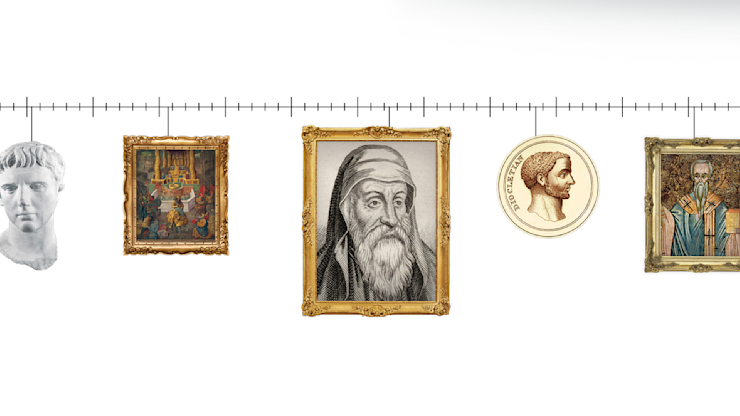Evil Is More Than Just a Failure to Love Properly

2 Min Read
In this brief clip from his teaching series A Survey of Church History, W. Robert Godfrey examines Augustine's understanding of evil. Watch this entire message for free.
Transcript
And I want to talk just a little bit about one of the really remarkable statements in The Confession. In the Platonic tradition of the church, evil was seen as a failure to love properly. In other words, I choose evil because I love something inferior, and I neglect what should be my superior love. So if I steal something, I steal it because I want it, I steal it because I want it for what is good about it, and I neglect that it belongs to somebody else, and that I should have loved my neighbor more than I loved, for example, the pear that I stole. And so evil is seen traditionally amongst the Platonists as a choice of an inferior love, and a neglect of a superior love, but evil is always loving something intrinsically good, just in a disordered way.
And for us as Protestants we’re often inclined, especially as Calvinists, to say, “That seems not fully to grasp how desperate evil really is, how bad evil really is.” And although Augustine at times will use this notion of evil as loving too much a lesser love, at one point when he thinks back on his youth, we begin to see how Biblical understanding breaks through to make a point on the part of Augustine beyond what he had really thought philosophically and theologically. And this is what he writes. He thinks back when he was a boy how he stole pears from a neighbor’s tree. And he writes, “Your law, oh Lord, punishes theft, and this law is so written in the hearts of men, that not even the breaking of it blots it out. For no thief bears calmly being stolen from.” How do you know that stealing is wrong? Because if anybody steals from you, you’re annoyed. “Not even if he is rich and the other steals through want. Yet I chose to steal, not because want drove me to it, unless a want of justice and a contempt for it, and an excess of iniquity. For I stole things which I already had in plenty, and of better quality. Nor had I any desire to enjoy the things I stole, but only the stealing of them, and the sin.”
Now you see he’s really coming to a more Biblical understanding of evil. Traditional Platonists would have said, “Well, you were hungry, you saw the pears, you fell in love with the pears too much, forgetting the neighbor that you should have loved more, so you stole the pears cause you desired them.” And he says, “No, I wasn’t hungry, I didn’t desire the pears, I just liked doing what was wrong.” And there we see how Augustine begins to move beyond just a philosophical understanding of things into a more fully Biblical understanding of evil, the problem of evil, the burden of evil that surrounds him.